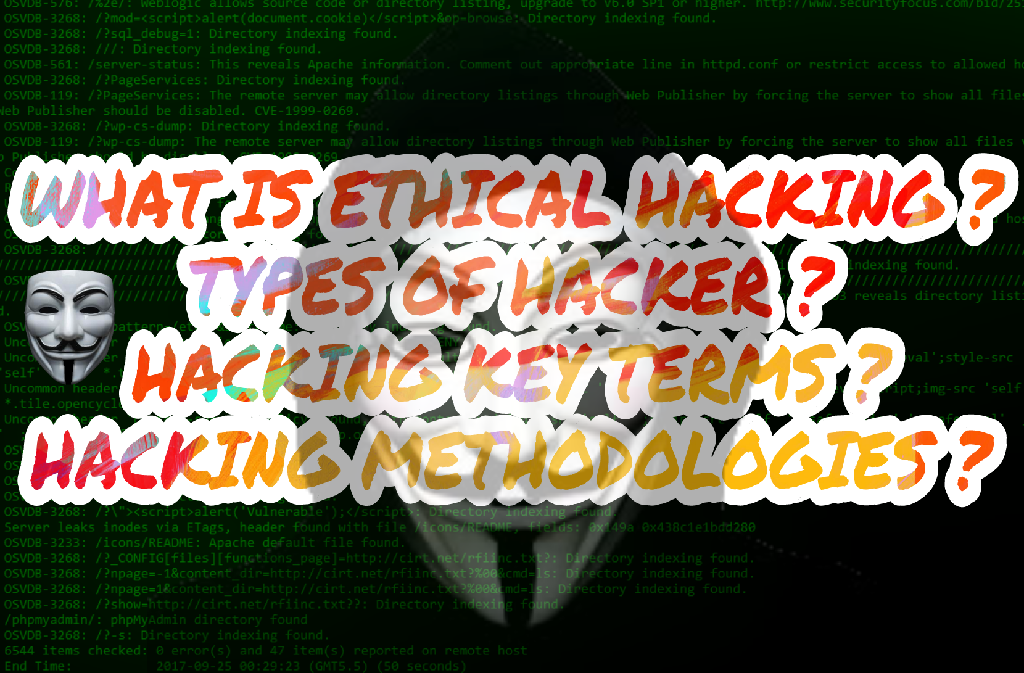
Once upon a time, in a world where cybersecurity was a growing concern, a young apprentice named John embarked on a journey that would forever change his life. John had always been fascinated by the world of hacking, but he knew that hacking had a negative connotation in society. Little did he know that his journey would not only lead him to become a Cyber Security Consultant but also challenge the misconceptions surrounding hacking.
John's story began at BP, where he started as an apprentice with no background in IT. As he worked his way up, he discovered his passion for cybersecurity and decided to pursue a career in ethical hacking. Despite facing numerous challenges along the way, John was determined to learn the necessary skills. He turned to self-study and online resources, immersing himself in the world of cybersecurity.
Throughout his journey, John realized the importance of gaining perspective and appreciating the opportunities in his previous roles. He understood that his experience as an apprentice provided him with a unique insight into the vulnerabilities that exist within organizations. Armed with this knowledge, John became a fierce advocate for ethical hacking, believing that it could be a powerful tool for building a secure future.
But John's beliefs were not widely accepted. Society still equated hacking with criminal activity, failing to recognize the distinction between ethical hackers and malicious attackers. This misconception troubled John, and he set out to change the narrative.
In an article written by Davey Winder on Medium, the importance of understanding the nuances of hacking was highlighted. Winder argued that hacking itself is not a crime; it is the criminal activity that should be condemned. Hacking, when used responsibly and ethically, can have a positive impact on society. The article provides a comprehensive introduction to ethical hacking, explaining that it involves using computer security tools to test system vulnerabilities. Ethical hackers aim to identify weaknesses in systems and networks without breaking any laws. The article defines terms such as black hat hackers, hack value, exploits, footprinting, scanning, enumeration, system hacking, escalation of privilege, covering tracks, and planting backdoors.
Winder emphasized the need for legal reforms to protect ethical hackers and differentiate them from malicious attackers. He discussed the role of ethical hackers in discovering and disclosing vulnerabilities to improve software and services. The article mentioned the Pwn2Own hacking competition, where hackers compete to exploit vulnerabilities in authorized targets and disclose them to vendors for patching [df939ae5].
As John read Winder's article, he felt a renewed sense of purpose. He realized that he was not alone in his mission to shatter the misconceptions surrounding hacking. Together with other ethical hackers, John was determined to unleash the power of ethical hacking and build a secure future.
The journey of John and the insights shared by Winder served as a catalyst for change. They inspired a generation of cybersecurity enthusiasts to pursue their passions and challenge the status quo. With their combined efforts, the world began to recognize the importance of ethical hacking in safeguarding our digital landscape.
Tapping into the creativity of the ethical hacker community, combined with the expertise of internal security teams, enables organizations to stay one step ahead of cyberthreats. Bugcrowd, a SaaS platform, connects customers with hackers, offering bug bounty solutions, vulnerability disclosure programs, penetration testing, attack recon, and more. The CEO of Bugcrowd emphasizes the growing requirement for crowdsourced ethical hacking, stating that it takes a crowd of defenders to defeat an army of adversaries. The article also provides background information on the CEO and vice president of marketing at Bugcrowd, as well as the experience of a veteran cybersecurity journalist.
In a world where hacking was once seen as a threat, it has now become a force for good. Thanks to the dedication and perseverance of individuals like John and the wisdom shared by experts like Winder, the power of ethical hacking is being harnessed to protect our digital world.
The article also discusses the importance of mentors in the tech industry and highlights the story of a mentor who helped a user see the potential in themselves. The mentor, a software engineer named John, guided the user through various projects and encouraged them to pursue their passion for coding. The user credits John with helping them gain confidence and develop their skills. The article emphasizes the value of mentorship in the tech industry and encourages others to seek out mentors to help them grow and succeed [dbfb56a5].